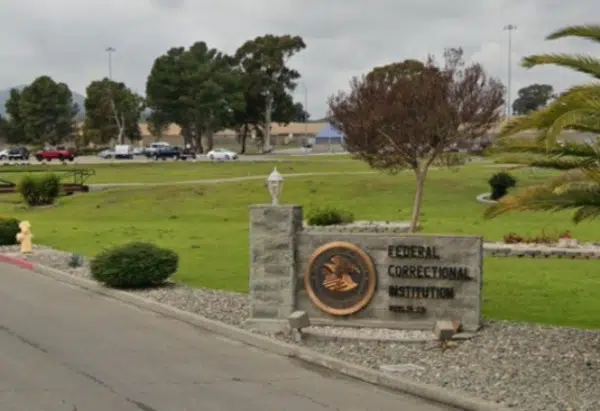
According to CBS SF BayArea, a fourth correctional officer has been charged with sexually abusing an inmate at Federal Correctional Institution, or FCI Dublin located at 5701 8th St, Dublin, CA 94568.
On Tuesday, January 18, 2022, James Theodore Highhouse was charged with sexually abusing an inmate. Highhouse works at the women's prison as a corrections worker and chaplain. The abuse was alleged to have happened from May 2018 to February 2019 and occurred multiple times. When questioned by the FBI, he lied about the misconduct.
Highhouse is the fourth prison guard from FCI Dublin charged with sexual abuse. Two of the agency's officials have announced they will be retiring due to increased suspicions of their lack of leadership, the Bureau of Prisons Director Michael Carvajal and its deputy director.
Ray Garcia, a former prison warden serving time for sexually abusing female inmates.
Nakie Nunley, a prison staffer, pleaded guilty to sexually abusing five female inmates.
Enrique Chavez was a cook supervisor arrested in 2022 for touching a woman inappropriately.
Darrell Wayne Smith faces 15 counts of sexual abuse in addition to a civil rights violation.

Attorney contributor Jason Amala is an experienced sexual abuse lawyer in the state of California. He has represented sex abuse victims and their families in civil lawsuits, helping them get the justice they deserve. Attorney Amala recently discussed the legal options available to victims sexually abused by a correctional officer, including their right to file a lawsuit.
"By law, prisons are responsible for maintaining the safety of their inmates in addition to their employees. Their moral and legal duty is to ensure they do not hire predators or allow sexual abuse in the facility. Security monitoring, video surveillance, patrolling officers, and frequent background checks are just some ways that prisons can reduce the risks of sexual abuse. If they fail to maintain this safety plan, they could be considered negligent."
"If a correctional officer sexually abuses inmates, victims may have grounds for a civil suit if the prison did not follow a safety plan to prevent the abuse. When sexual abuse occurs due to the negligence of the prison's authorities, the prison could be held liable. Furthermore, if authorities knew about prior sexual misconduct but the correctional officer was not investigated or reported, their negligence could have allowed the abuse. In cases of security negligence, sexual abuse victims should seek the counsel of an experienced sexual abuse lawyer to determine if they should pursue a civil lawsuit against the prison for financial compensation."
 info@legalherald.com
info@legalherald.com